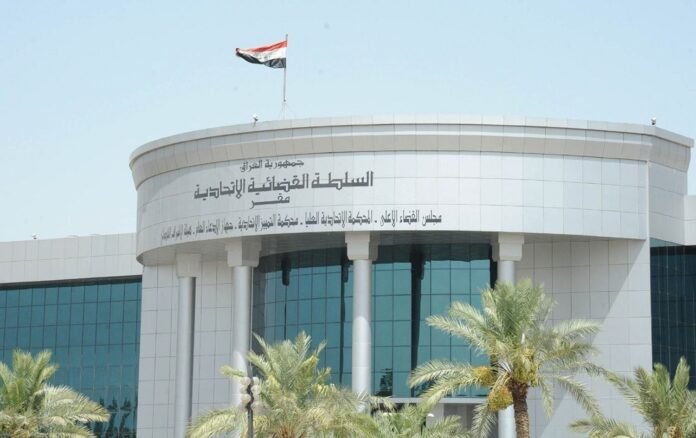The Iraqi Supreme Judicial Council issued an important statement regarding legal procedures involving parliamentarians. According to the council, legal process may resume after parliamentary term ends, even if immunity is not lifted during the term.
On Thursday morning, the council convened to discuss recent amendments to the penal code. The session focused specifically on parliamentary immunity.
The council reviewed Article 11 of the amended Penal Code, revised in 2024. This article requires parliament’s approval to begin legal procedures against its members. However, the council stressed that denial of this approval does not mean a case is permanently closed.
Officials stated that cases could be reopened once a member’s parliamentary term ends for any reason. This declaration made it clear that legal process may resume after parliamentary term ends, reinforcing the principle of accountability.
The council also reviewed promotion files of certain judges and prosecutors. New appointments were made in areas where judicial staff was needed. These changes aim to improve the efficiency of the judicial system.
At the end of the meeting, the council announced a temporary suspension of operations in the Najaf and Karbala Courts of Appeal. The suspension will last from Sunday, August 10, to Thursday, August 14, in observance of the Arbaeen pilgrimage.
These decisions reflect both the legal and administrative functions of Iraq’s judiciary. While debates around immunity continue, the council maintained a firm stance. By repeating that legal process may resume after parliamentary term ends, it reminded the public and lawmakers alike that justice may only be delayed, not denied.
In conclusion, the Iraqi judiciary sent a strong message about accountability and the limits of parliamentary protection.


